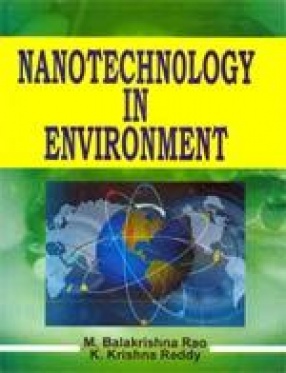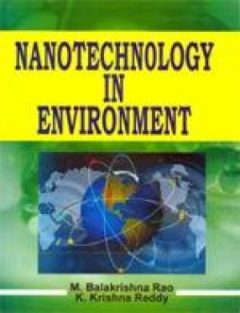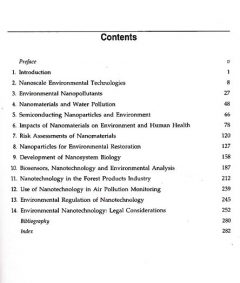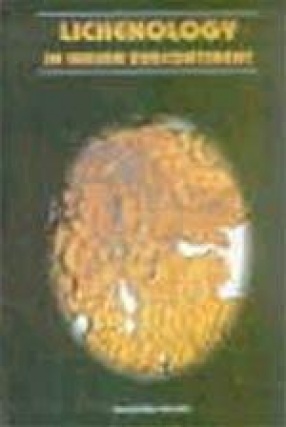Nanotechnology presents new opportunities to create better materials and products. It has the potential to change and improve many sectors of our society, from consumer products to health care to transportation, energy and agriculture. In addition to these socioeconomic benefits, Nanotechnology present new opportunities to improve how we measure, monitor, manage, and minimise contaminants in the environment. Nanotechnology has the potential to improve the environment, both through direct applications of nanomaterials to detect, prevent, and remove pollutants, as well as indirectly by using Nanotechnology to design cleaner industrial processes and create environmentally friendly products. However, there are many unanswered questions about the impacts of nanomaterials and nanoproducts on human health and the environment. This book is an authoritative, indepth exploration of the environmental consequences of Nanotechnology. It provides a detailed account of the potential environmental benefits of Nanotechnology. It analyses the risks associated with Nanotechnology, and methods to assess and control them. It also gives information of the control, monitoring, and reduction of nanotech by products. The social, ethical and legal implications of Nanotechnology-based materials and processing method are also discussed. The book will make fascinating and useful reading for engineers, scientists, administrators, environmental regulatory officials, public policy makers, and students in a range of science and engineering disciplines.
Agricultural Production in India
$61.20
$68.00







There are no reviews yet.